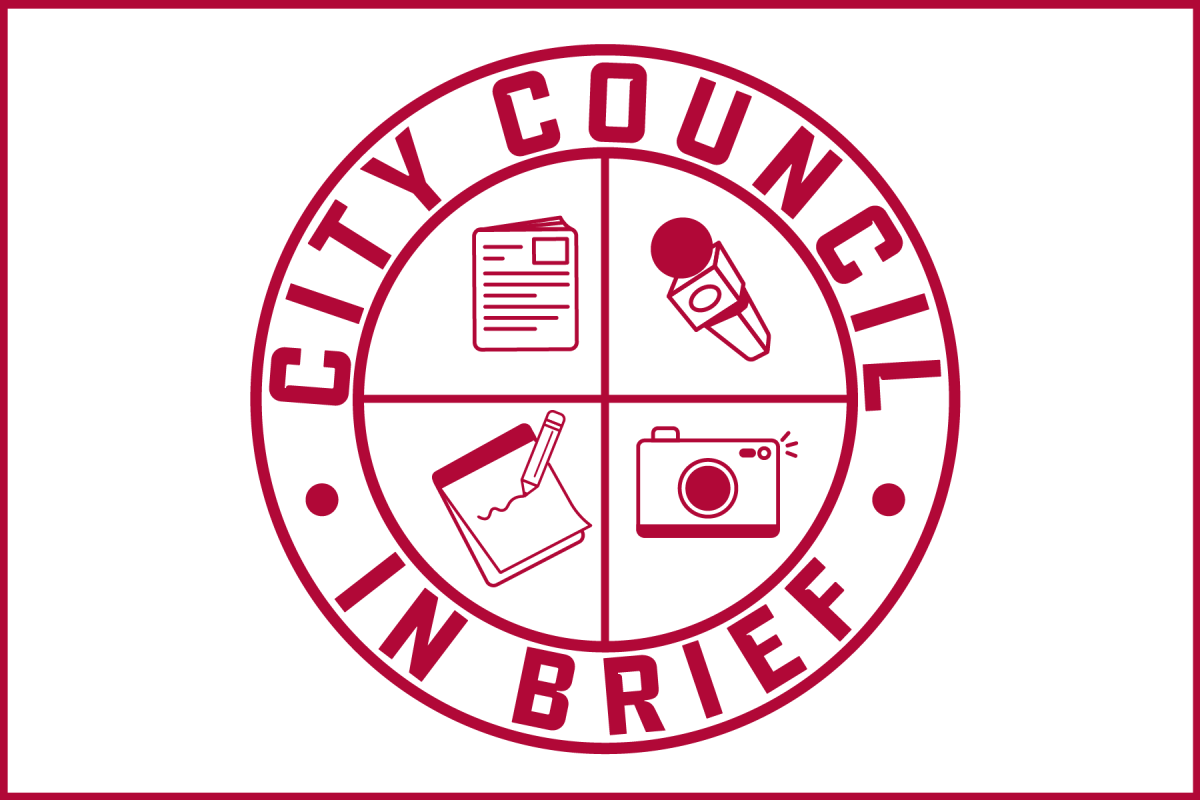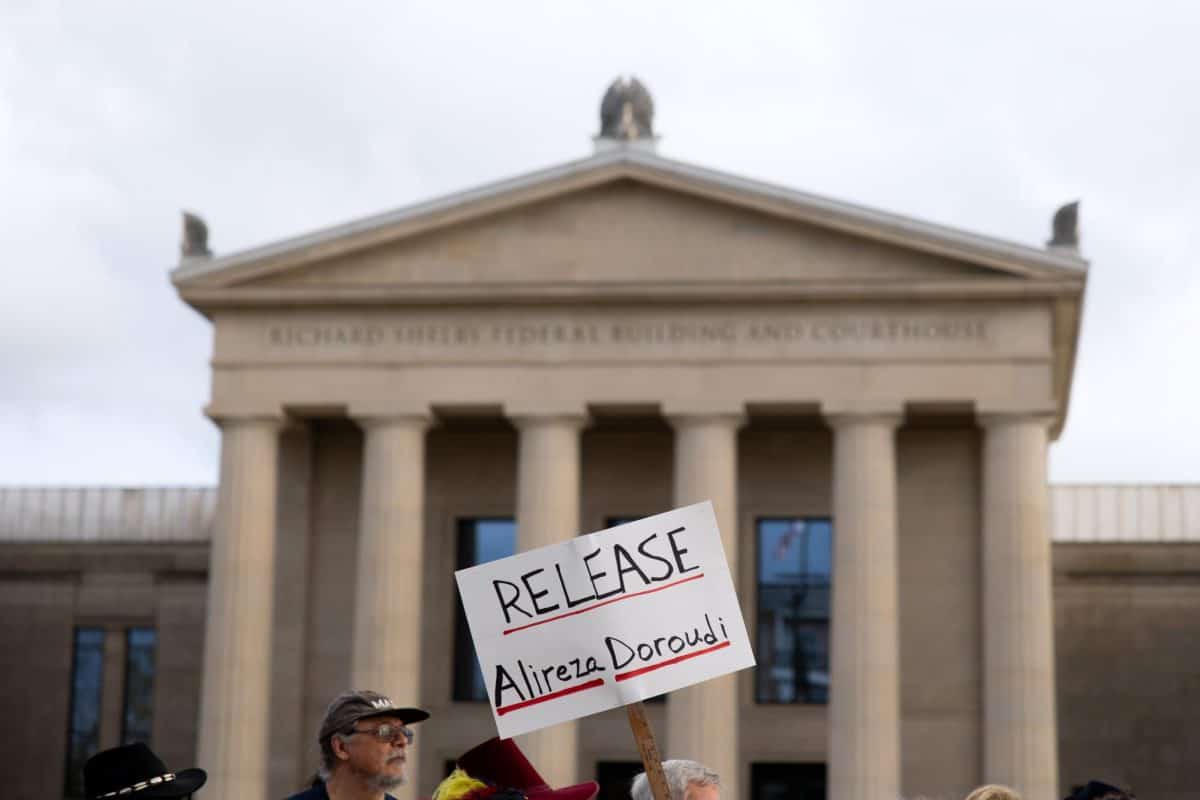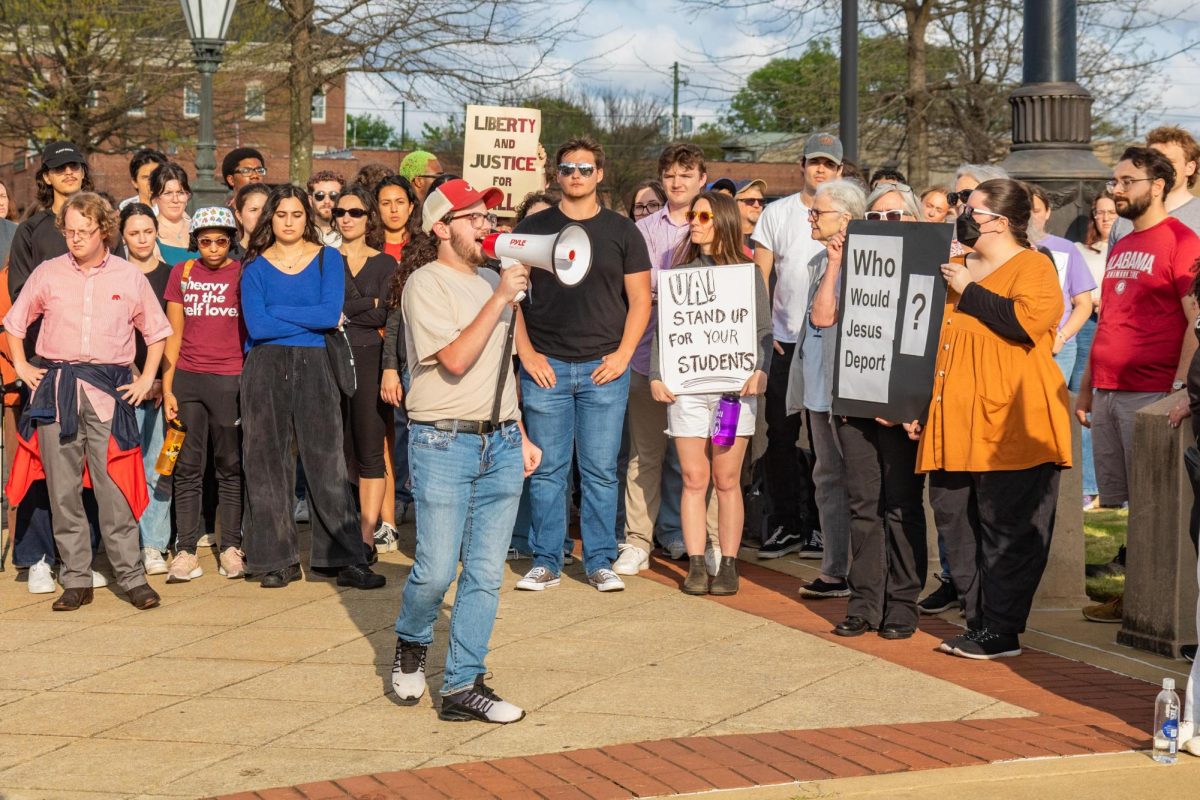By Mark Hammontree and Jordan Cissell | CW Staff
The past two weeks have brought significant changes to The University of Alabama. After The Crimson White’s Sept. 11 article, “The Final Barrier,” detailed allegations of racial discrimination in the formal recruitment process of certain Panhellenic sororities, national media outlets picked up the story, and students and faculty members voiced their concerns about the culture of discrimination on campus.
Numerous actions have since been taken by the UA administration and students, including a student- and faculty-led protest, the reopening of continuous sorority bidding and the suspension of block seating for the first home football game by the Student Government Association.
National attention
The students who spoke to the CW for the initial article described alumnae interference in the bidding process, including the blocking of black students by alumnae and chapter advisors.
Alabama Gov. Robert Bentley spoke out against sorority segregation on The University of Alabama campus in response to The Crimson White’s article “The Final Barrier” in an interview with Birmingham’s Fox 6 WBRC-TV Thursday, Sept. 12, one day after the article was published.
“I think it’s absurd that you don’t select the best person and that you would ever discriminate against anyone because of the color of their skin,” Bentley said. “So I feel the way the students do, and I believe that they should choose people on their qualities.”
The story was quickly picked up by local, state and national media outlets. CNN reporters visited the UA campus Friday, Sept. 13 and attempted to interview members of greek organizations, while USA Today and The New York Times ran subsequent articles on the controversy.
Students, alumnae and faculty expressed outrage and urged the administration to respond to the allegations.
In the wake of the original story, the administration was initially silent on the allegations before issuing statements two days later. Paul Bryant Jr., president pro tempore of UA system Board of Trustees, released a statement at the beginning of the Sept. 13 board meeting.
“The Board of Trustees does not support the segregation of any organization at our institutions on account of race,” Bryant said in the statement. “We support the efforts of our administration to effect the change necessary to bring this principle to reality in the entire University of Alabama System.”
UA President Judy Bonner told board members and media that she supported the statement and that her administration was working to remove the barriers preventing students from doing the “right thing.”
John England Jr., circuit judge for the 6th Judicial Circuit and one of three black members on the UA Board of Trustees, confirmed that his step-granddaughter was one of the potential new members dropped from the sorority houses. He also thanked Bryant for making a statement.
“I view it, perhaps it means a little bit more to me than some of the others because it’s my granddaughter, and so I appreciate the board making this statement,” England said. “I particularly appreciate President pro tem Bryant coming out affirmatively where everybody gets a clear message that we don’t do that at The University of Alabama.”
In “The Final Barrier,” a member of Chi Omega, who asked to remain anonymous, said her chapter dropped the black recruit because of its rush advisor, Emily Jamison, who is listed in the UA directory as director of UA president’s and chancellor’s events.
When asked if the University would investigate these allegations, a University spokesperson said it was not the University’s responsibility, according to AL.com.
“Ms. Jamison’s role as chapter advisor is voluntary and is not related to her responsibilities as a UA employee,” a UA spokesperson told AL.com Friday.
More than 200 students and faculty members gathered on Wednesday, Sept. 18, m for a protest march from the front of Gorgas Library to the steps of Rose Administration Building to urge the administration to address the systemic issues revealed by the sorority controversy. President Bonner briefly stood with the protesters before going back inside the doors of Rose Administration.
Following her appearance on the front steps of Rose, Bonner addressed the media. Bonner said the administration has been investigating allegations that alumnae blocked the integration of sororities.
“The way in which I am working with the alumni is working with the national chapters,” Bonner told WVUA-FM. “The national Panhellenic and the national chapters are working with the local chapters in order to address any concerns – real or perceived – that are created by the alumni. Some of what is being reported may be true; some of what is being reported is not.”
Bonner did not elaborate what was being falsely reported.
In addition to the protest, many students also spoke out against discrimination in columns, letters and interviews with multiple media organizations.
Bonner and other faculty members said these students coming forth to voice their concerns are what has resulted in the change that has occurred so far.
“What began as a few lone voices against inequality has quickly swelled to a chorus of hundreds,” Carl Bacon, president of the Black Faculty and Staff Association, said in a statement. “These young people have done more in a single week to change the deadening complacency and stagnant passivity inherent to our Greek system than has been effected in decades.”
Bidding reopened
Following a private meeting between Bonner and representatives from each Panhellenic sorority, the Alabama Panhellenic Association announced Sept. 16 that each sorority would be allowed to reopen its bidding process and could fill its membership to up to 360 members.
Sororities would be able to issue bids to any unaffiliated young women, whether they had participated in formal recruitment or not.
Bonner released a videoed report on the bidding process Friday, Sept. 20, saying 11 black women had been issued bids, four of which had been accepted. Three more bids had been extended to other minorities, two of which had been accepted.
“The process of open continuous bidding will continue,” Bonner said. “And we will see these numbers increase over the next few weeks.”
The administration has not released an updated report since Friday, but Cathy Andreen, UA director of Media Relations, told The Crimson White the names of students that had accepted bids would not be released, as new member names were after bid day.
“We do not plan to release the names of the students who pledge during continuous open bidding,” Andreen said. “The national organizations have asked that these girls have their privacy be respected and their names not be released.”
Andreen said there is no university-implemented time frame for students accepting these bids, but each sorority will follow its own policies regarding continuous open bidding.
Bonner said students were responsible for encouraging progress.
“The students wanted to make this happen. The students were saying that there were barriers that were preventing them from making it happen,” Bonner told WVUA-FM. “There were many barriers identified – one that was always discussed was media descending upon them.”
Bonner said the media might be a real or perceived barrier but that the students have cited media as a barrier. She did not specifically cite the CW’s “The Final Barrier.”
When asked how the administration would protect individuals who spoke out against segregation from threats or being ostracized from their sororities, Bonner said that might not be a valid fear.
“See, that would be an example of what I would call a perceived barrier,” Bonner told WVUA-FM. “But we certainly will work with all of our students to support them as they take the steps that are needed in order to make progress.”
Moving forward
With reports of several minority students accepting bids to join traditionally white sororities and the University pledging to continue to work toward a campus free from discrimination, many faculty members and students are hopeful of what the future holds but are aware that the issue is not yet resolved.
Michaela Postell, a senior majoring in health sciences and the president of Collegiate 100 Black Women, told the CW she thinks the steps that have been taken so far are a move in the “right direction” but that the issue of racial segregation and discrimination has not been fully resolved.
“We think our campus is still pretty segregated in that black people don’t always go over and talk to white people, and white people don’t always go talk to black people,” Postell said. “I want to see the women in a Panhellenic sorority offering a black woman a bid without having to be told by Dr. Bonner or the administration that it’s okay. They just do it because that’s what they want to do. And we’re well on our way there.”
Isaac Bell, president of the Mallet Assembly, whose members made up a large portion of students present at last week’s protest, said regardless of what steps come next, students should remain interested and involved.
“While I can’t say exactly what comes next, we do know there will be more to come,” Bell said. “I encourage every student to pay attention to what’s going on, get involved, come to meetings and discussions, and be honest about your ideas and feelings.”
At a Faculty Senate meeting Tuesday night, the senators approved a resolution calling for the formation of a task force comprised of students, faculty and administrators that would work together to find ways to continue the push to make the campus and student organizations more diverse and open.
Faculty Senate President Steve Miller told the senators it was important to maintain the momentum of the past two weeks to ensure that the administration continues to create positive changes.
“We seriously need to take this energy and be fruitful with it,” Miller said during the meeting.
There is a hopeful spirit among many students and faculty members that change will come and that the University will continue to reform the systems and organizations on campus that have perpetuated these issues over the past several decades.
Postell, like numerous others, said the end has not been reached, but it may be in sight.
“I think we’ll know [success] when we see it,” Postell said. “There will be a time when the girls in a Panhellenic sorority say, ‘Hey, I want to give this girl a bid because she’s outstanding, she has a great personality, and she has a 4.3 GPA,’ not, ‘She’s black, and we need one for this year, so let’s let her in.’”









